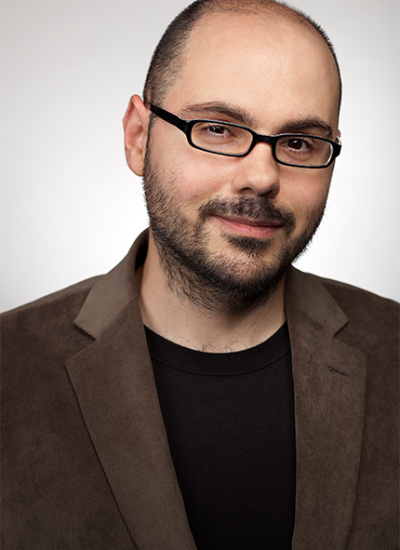Matthew Dennis Grilli
Work Summary
My research interests are broadly focused on understanding how and why we store and retrieve memories. The clinical and cognitive neuroscience research conducted in my laboratory combines neuropsychological, cognitive, social psychological, and neuroimaging approaches. An emphasis of my current research is autobiographical memory, which refers to memories of personal experiences. Ongoing projects are investigating how autobiographical memory is affected in several populations, including older adults at risk for Alzheimer’s disease and individuals with acquired brain injury. We also are interested in understanding how changes to autobiographical memory impact other aspects of cognition, and we seek to develop new interventions to improve autobiographical memory and everyday functioning.





